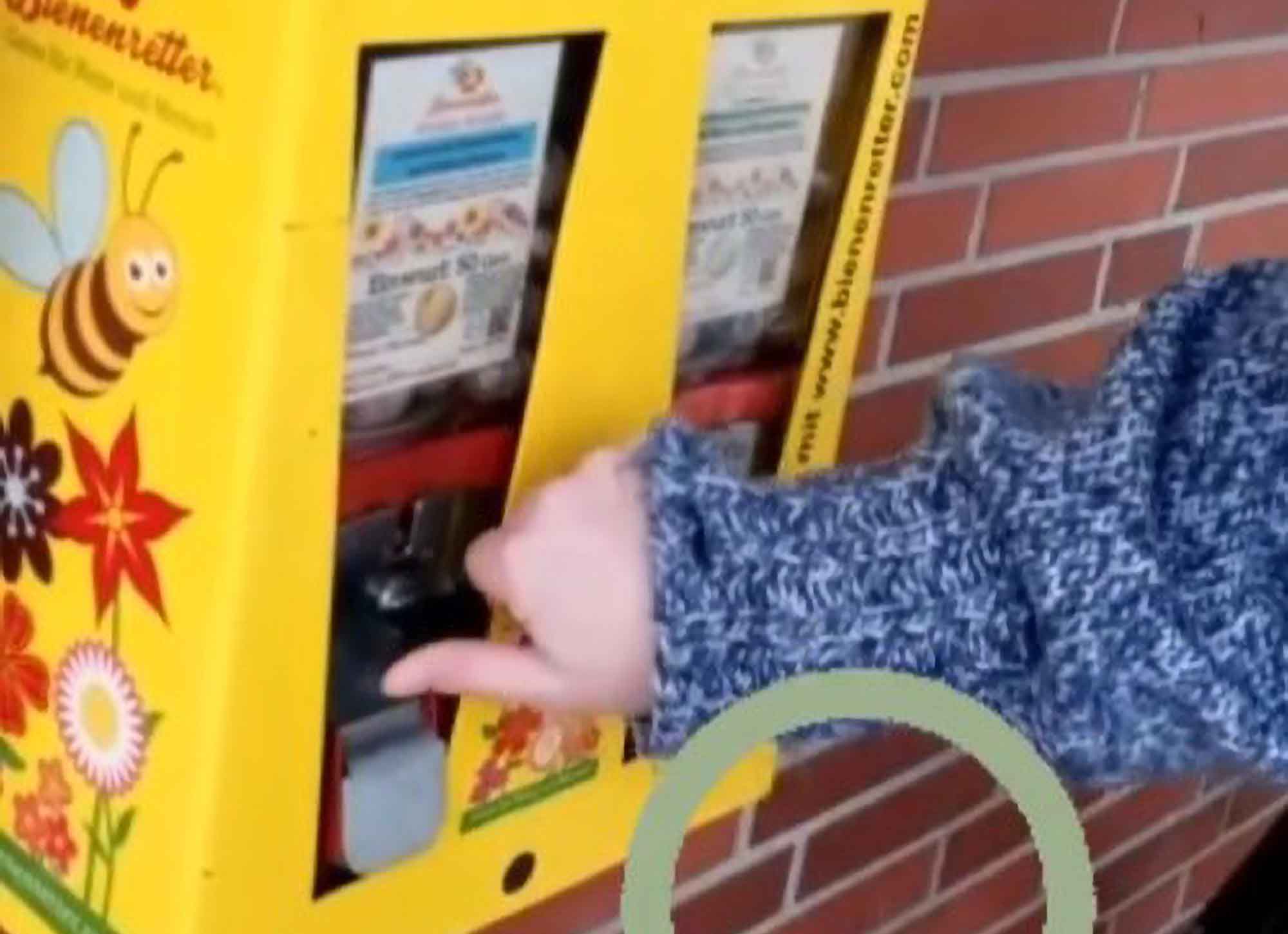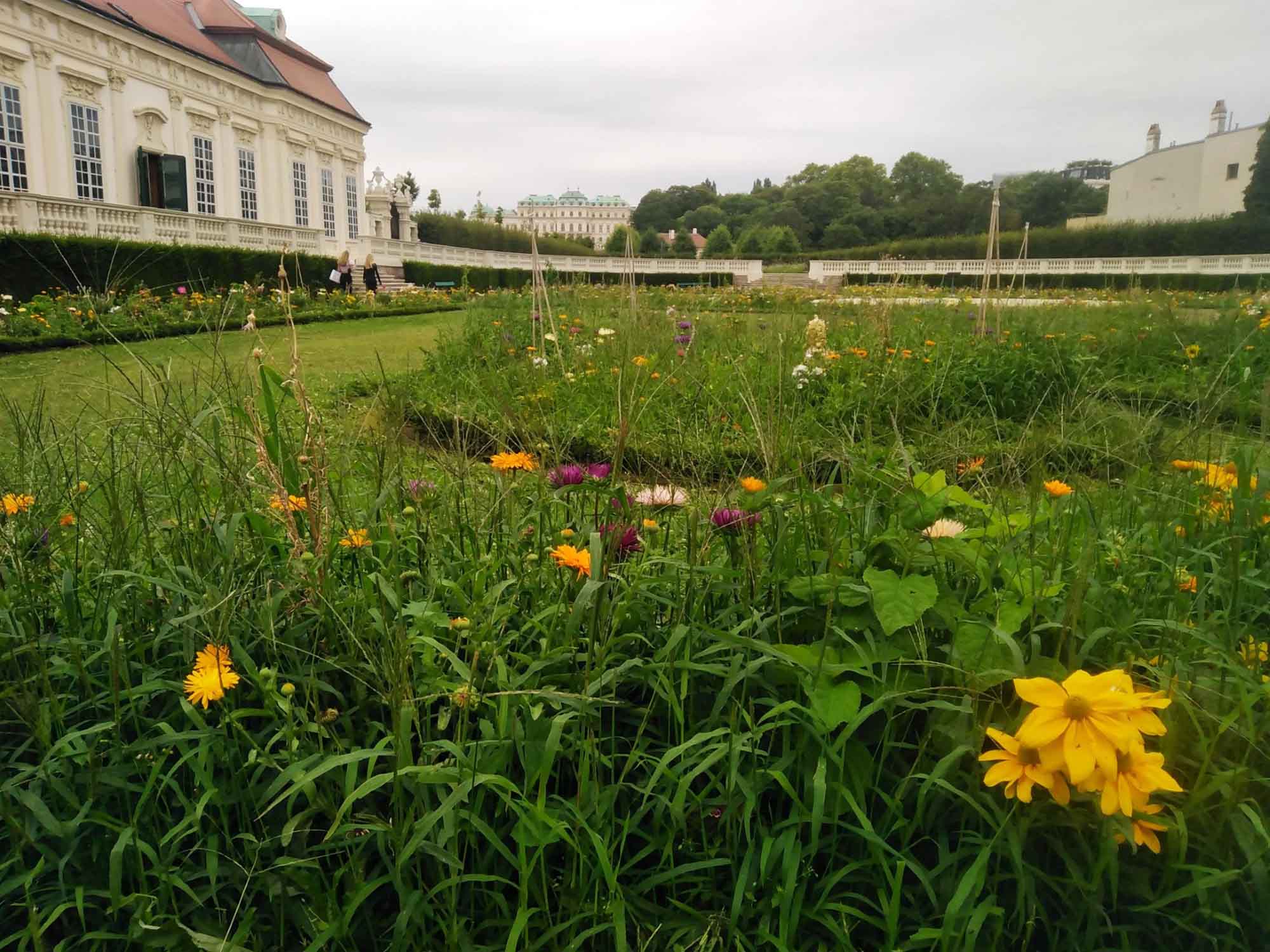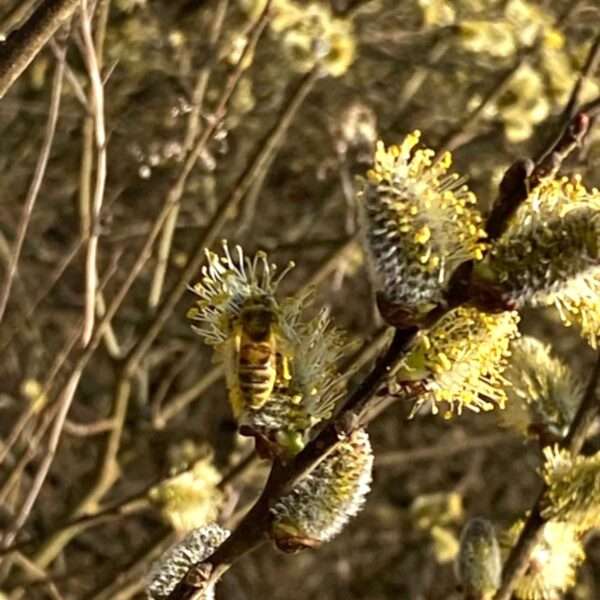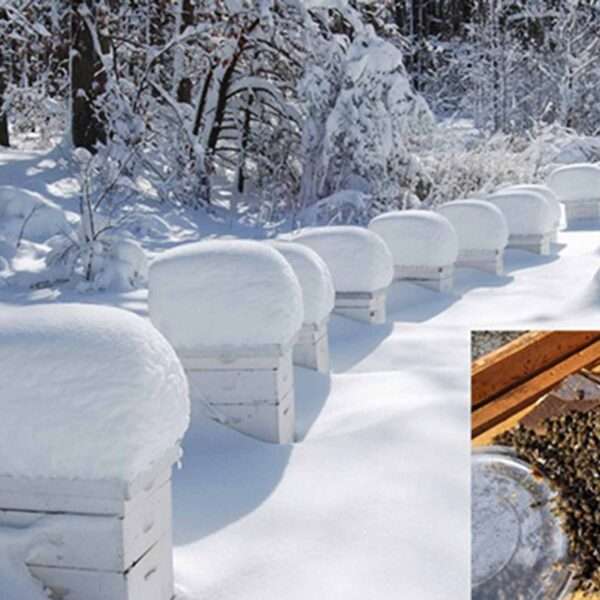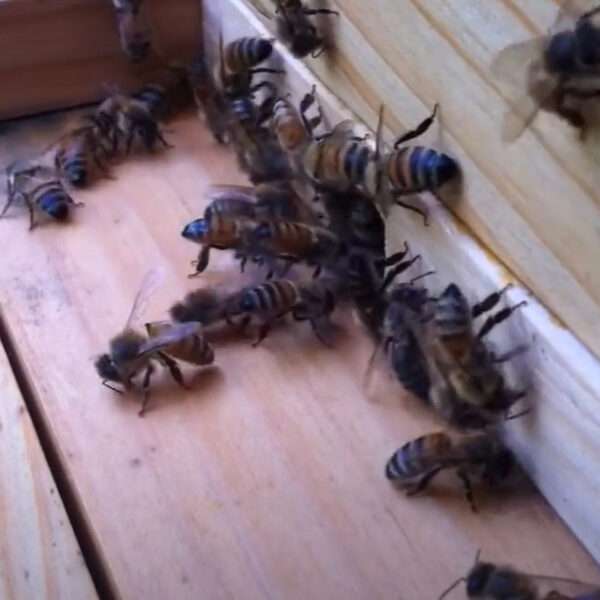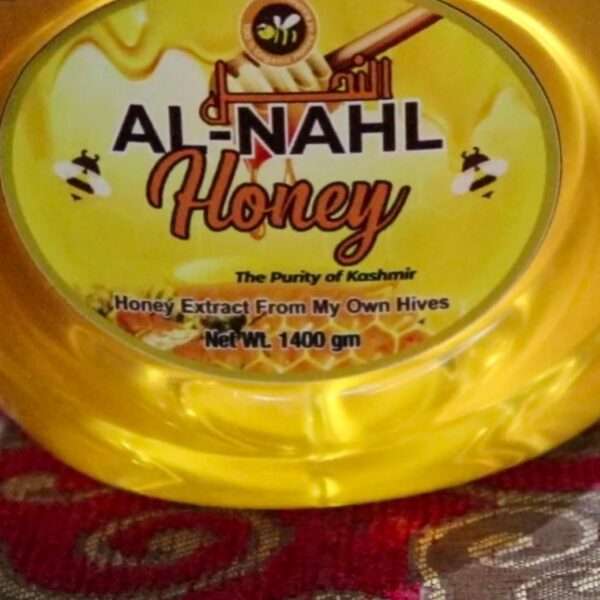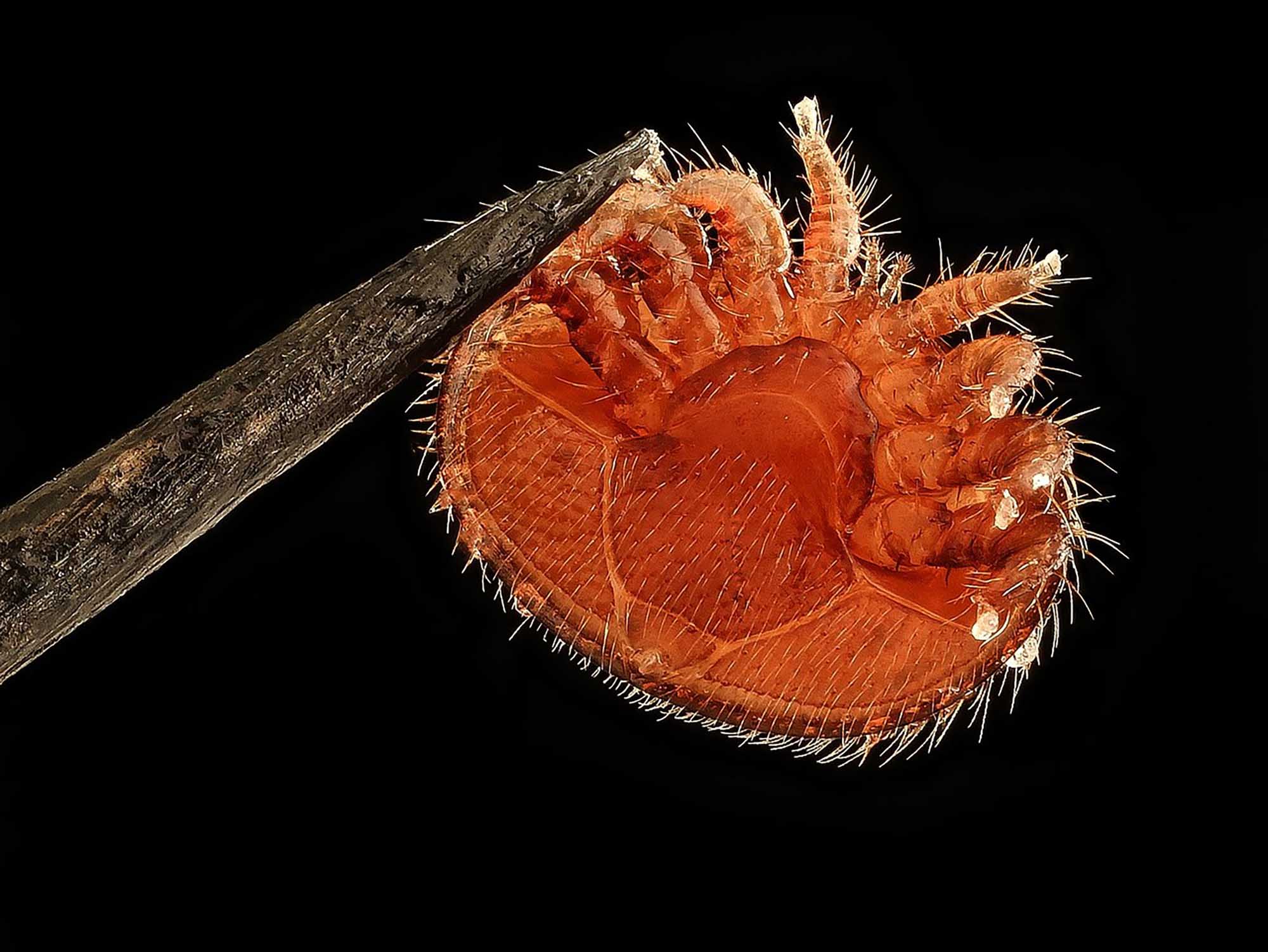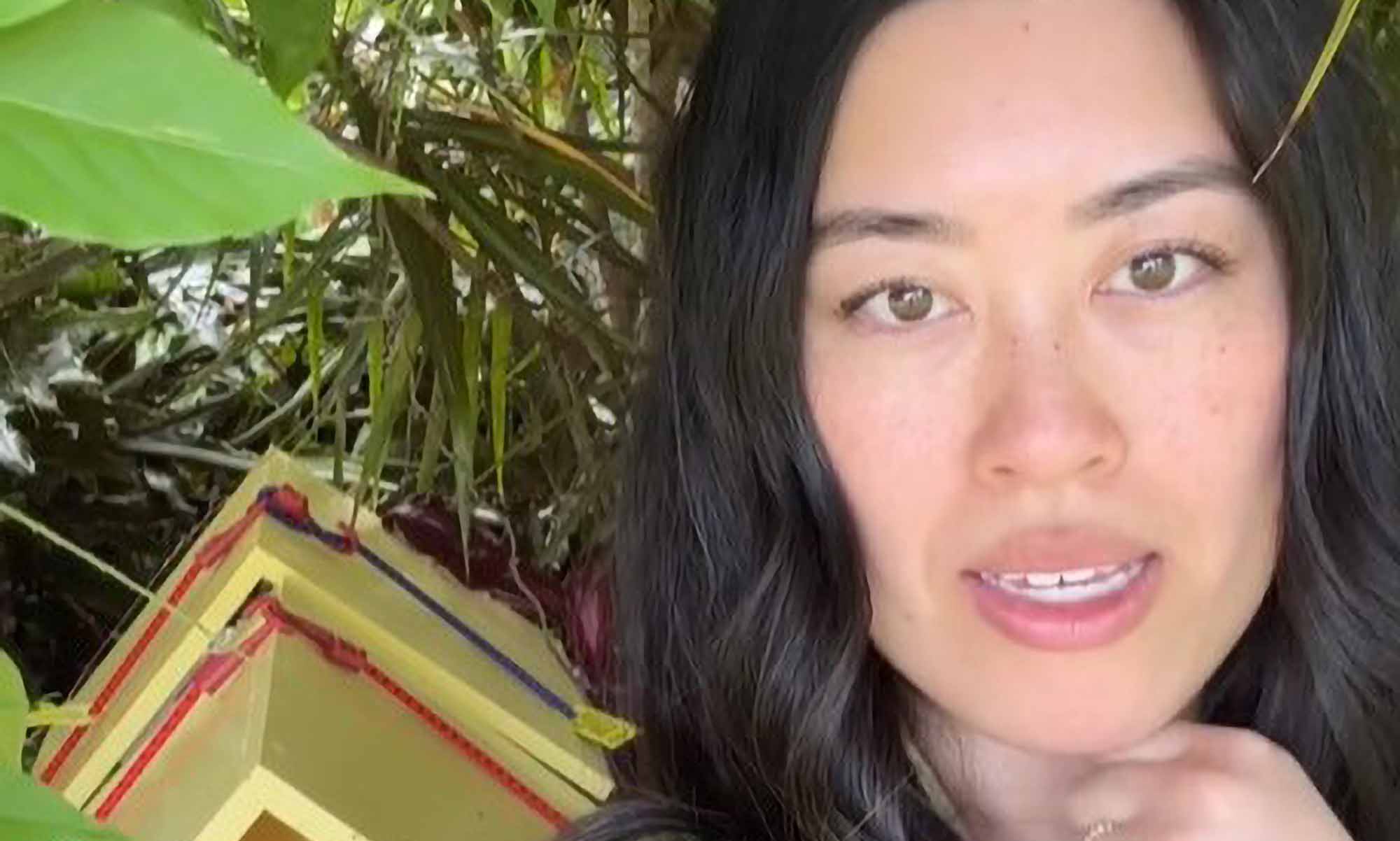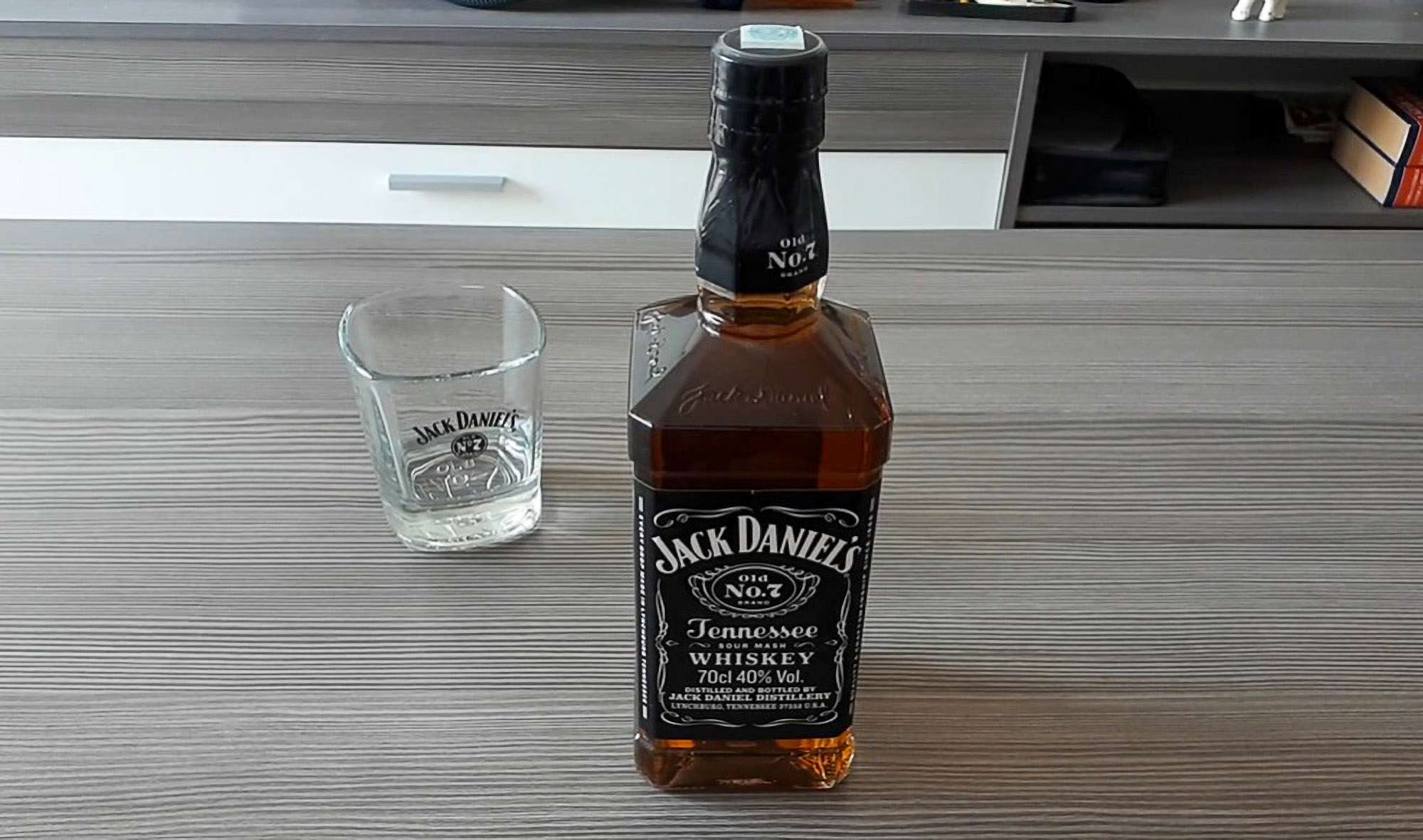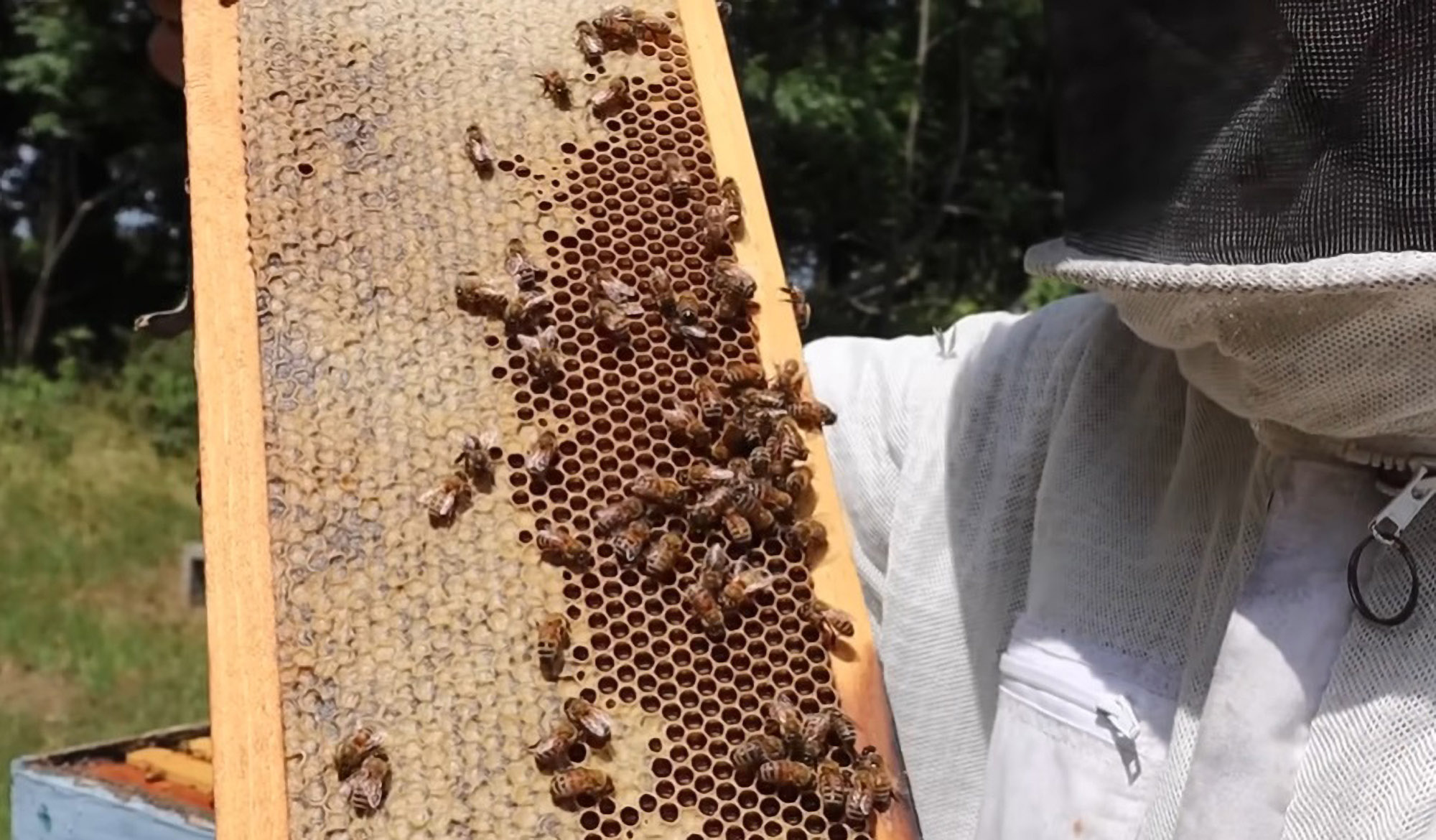A startup company is combating the decline in pollinator species by converting chewing gum vendors into machines offering seed mixtures.
Almost 400 of these devices have been transformed this way ever since Sebastian Everding installed the first machine offering flower bulbs and wildflower seeds in Dortmund, North-Rhine Westphalia, in 2019.
Sebastian, who went on to establish his Better World Machines enterprise in 2021, explained: “The existence of many solitary bee species is at risk due to the sealing of soil surfaces, the application of pesticides and monocultural farming.”
He added: “All of our machines consist of recycled materials applied by manual labour. As of now, we have set them up at more than 370 locations all over Germany.”
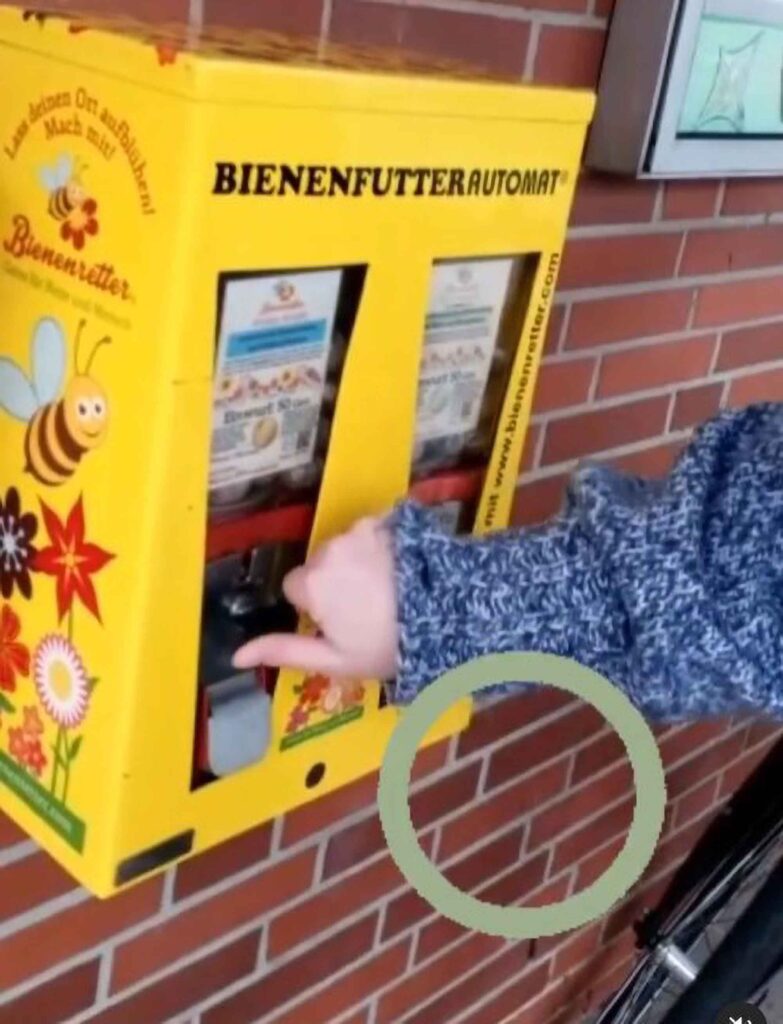
And Sebastian is not stopping now, as the frequent updates on social media prove.
Chewing gum machines were highly popular in Germany in the second half of the 20th century but their significance has been decreasing ever since.
According to the Better World Machines website, the founder and his team are cooperating with town councils, schools but also individuals as they try to raise awareness for the precarious situation of undomesticated pollinators.
All of Germany’s 550 solitary bee species are listed as protected species by the country’s conservation of nature regulations. Around half of them are considered ‘endangered’ or ‘seriously threatened by extinction.’
Many solitary bee types depend on certain flowers and plants.
Biodiversity experts from Lund University in Sweden recently warned that, despite being regarded as an ideal way to stabilise ailing ecosystems, some seed sachets are anything but beneficial.
Lund University researcher Lina Herbertsson emphasised that the little bags could feature seeds that are unsuitable for meadows in the vicinity of the respective customers.
She said: “A lot of misunderstandings have emerged. Take for example meadow flowers. On many planned meadows, species have been sown that absolutely do not belong in a traditional meadow.”
The biologist urged anyone keen on helping native bees to check the content description of ready-to-use mixtures.

